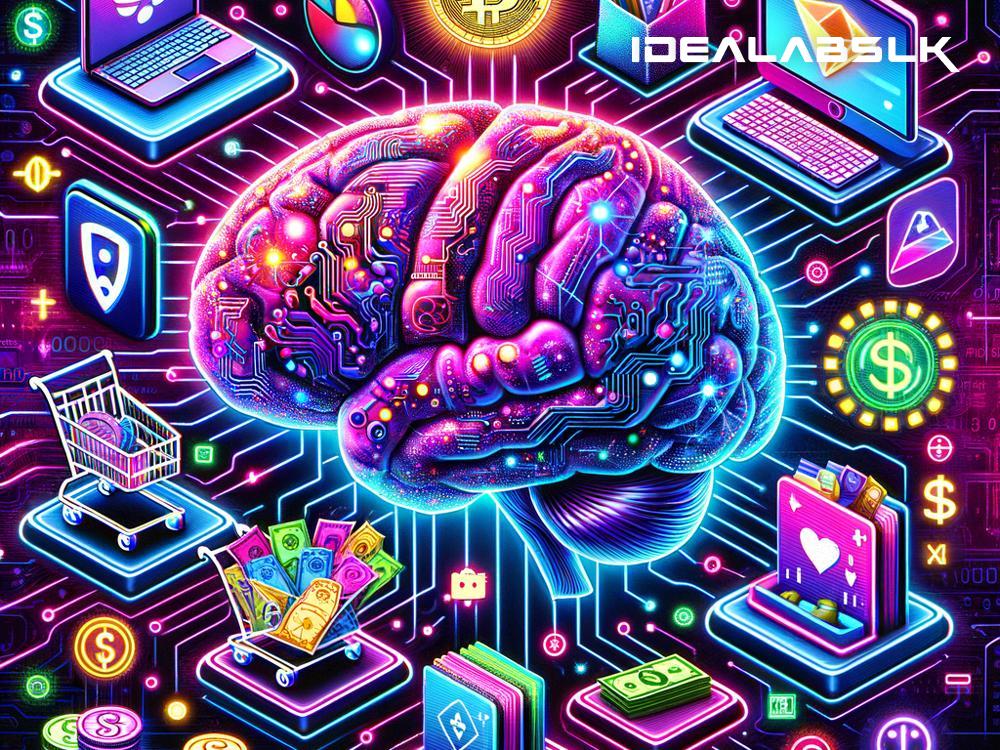The Future of AI in Game Monetization: Creating Smarter In-Game Purchases in 2024
The gaming industry is no stranger to evolution. From the days of pixelated screens and monophonic background scores to photo-realistic graphics and orchestrated soundtracks, the journey has been nothing short of extraordinary. A significant driver of this evolution has been technology, and by 2024, AI (Artificial Intelligence) is set to become the cornerstone of game monetization strategies, especially in creating smarter in-game purchases. Let’s unravel what this future looks like.
Understanding the Basics
At its core, game monetization is about finding ways to earn revenue from players. One popular method is in-game purchases, where players can buy virtual items, characters, or advantages. However, the challenge has often been to make these offers appealing without disrupting the gaming experience or making it feel like a pay-to-win scenario.
Enter AI. Picture a system so smart that it not only understands your gaming style but also knows what kind of virtual items or upgrades you'd most likely be interested in and when you'd be most inclined to make a purchase. This isn’t just a game-changer; it’s the future of in-game monetization.
AI and Personalization: A Perfect Match
By 2024, AI-driven personalization in games will be the norm. Instead of seeing the same in-game purchase options as everyone else, the offers you see will be tailored to your playing habits. For example, if you're someone who enjoys crafting in games, AI could suggest purchase options related to rare crafting materials or exclusive crafting recipes.
This level of customization makes in-game purchases more attractive. The key here is relevance. The more relevant the purchase offer, the more likely a player is to consider it a valuable addition to their gaming experience, rather than an annoying interruption.
Balancing the Scales: Fairness and Ethical Considerations
One of the critical aspects of integrating AI into game monetization is maintaining a balance. There’s a fine line between personalization and exploitation. Game developers must ensure that the AI systems used for monetization strategies are transparent and ethically designed. The goal is to enhance the gaming experience, not undermine it by pushing players towards unintended spending.
Fairness also plays a crucial role. The use of AI in game monetization should never result in a pay-to-win model where players who spend more money gain an unfair advantage over others. Instead, the focus should be on offering cosmetic items, convenience features, or optional content that does not disrupt the competitive balance of the game.
The Role of Data and Privacy
For AI to effectively personalize in-game purchases, it relies heavily on data. This data can include player behavior, purchase history, game progression, and more. By analyzing this information, AI can predict what players might be interested in buying next.
However, with great data comes great responsibility. Game developers and publishers must ensure that they're handling player data with care, respecting privacy, and adhering to data protection regulations. Transparency about how data is used to personalize in-game purchases will be crucial in maintaining player trust.
Looking Ahead: The Potential of AI in Gaming
The potential of AI in enhancing game monetization extends beyond just personalized in-game purchases. Imagine dynamic pricing, where the cost of items can vary based on factors like demand, rarity, or even the player’s spending habits. Or consider AI-driven events that offer unique purchasable items, encouraging participation and adding fresh content to the game.
Moreover, AI can help identify and counteract unhealthy spending habits, offering tools and options for players to manage their spending better. This can lead to a more responsible gaming environment where players feel supported and valued.
In Conclusion
As we move towards 2024, the fusion of AI and gaming is set to redefine the landscape of in-game monetization. By creating smarter, more personalized in-game purchases, AI has the potential to enrich the gaming experience, making it more engaging and rewarding for players. However, this future also demands a responsible approach, balancing monetization with fairness, ethical considerations, and respect for privacy.
The future of AI in game monetization is not just about making more money; it’s about deepening the connection between games and gamers. As we embark on this exciting journey, one thing is clear: the games we love are about to get a lot smarter.

